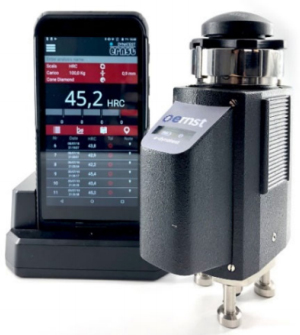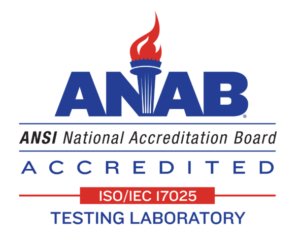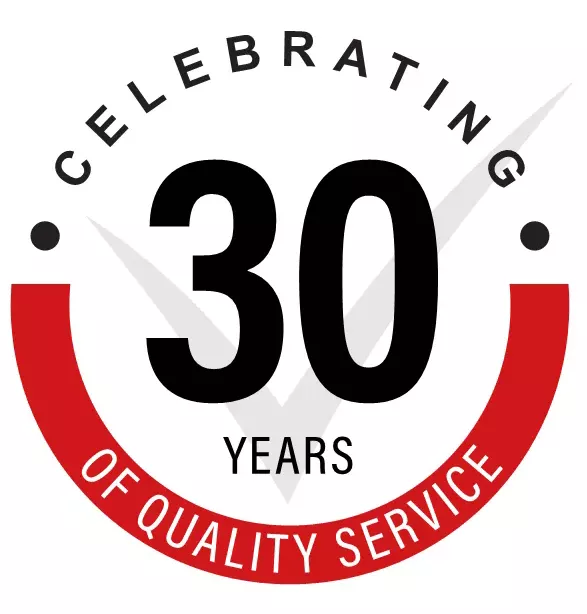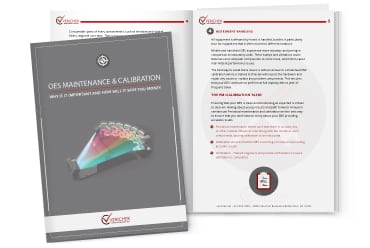Metal Hardness Testing Services
We offer comprehensive metal hardness testing services for a wide range of industries, including aerospace, automotive, construction and manufacturing. Our state-of-the-art equipment ensures accurate, fast and reliable results for all types of metals. Whether you’re testing for quality control or compliance, we provide the expertise and precision you need.
Why is Metal Hardness Testing Necessary?
Hardness can mean many things to different people in different industries.
In the metals industry, it might mean the materials resistance to permanent deformation.
To a metallurgist, it means resistance to penetration.
To engineers, it could be resistance to wear, abrasion, or scratching.
And to the machinist, it means ease or resistance regarding machining.
Regardless of your industry, Hardness Testing it is most commonly used to determine tensile and/or yield strength.
Verichek is now ISO accredited for Hardness Testing. Contact us for a copy of our certifications.
Our Metal Hardness Testing Equipment
At Verichek, we utilize the E-Dynatest Portable Rockwell Hardness Tester for accurate and efficient hardness testing. This versatile device allows us to inspect almost any metal part, polished object or heat-treated surface. The portable nature of the tester enables on-site inspections, making it ideal for testing large components like gear teeth and axles without extensive surface preparation. This ensures minimal downtime while maintaining high accuracy.

Hardness Testing Methods
We primarily use Rockwell hardness testing to test the hardness of your metals. The e-dynatest allows for testing a wide range of metal without changing the indenter. If you require another major scale such as Brinell, Knoop, Leeb or Vickers the results from the Rockwell testing can be converted. Below is more information about some of the testing methods we use.
1. Rockwell Hardness Testing
The Rockwell method is widely used due to its speed and simplicity. This method measures the depth of an indentation made by a steel ball or diamond cone under load. It’s ideal for harder materials like steel and is commonly used in industries such as automotive and aerospace.
2. Brinell Hardness Testing
This method uses a larger ball indenter, making it suitable for softer materials like castings and forgings. It provides an average hardness over a larger area. It’s ideal for metals that have rough surfaces or chemical variations.
3. Vickers Hardness Testing
The Vickers method uses a diamond-shaped indenter and is ideal for testing thin or small materials. This method is versatile and offers a high level of precision. It is is commonly used for delicate parts in medical and aerospace applications.
Testing Location Options
All of our metal analysis testing services are customized to your needs. Depending on the number of pieces you have for Hardness Testing and their size and weight, you might be able to send the metal to our in-house metal testing lab or require us to perform on-site testing visit. Learn more about our hardness testing methods.

In-house Testing

On-site Testing
Frequently Asked Questions (FAQs)
What is metal hardness testing?
Which hardness testing method should I use?
- Rockwell: Best for harder metals.
- Brinell: Suitable for softer metals or castings.
- Vickers: Ideal for small or thin materials.
Do you offer local hardness testing services?


 OES MAINTENANCE & CALIBRATION:
OES MAINTENANCE & CALIBRATION: